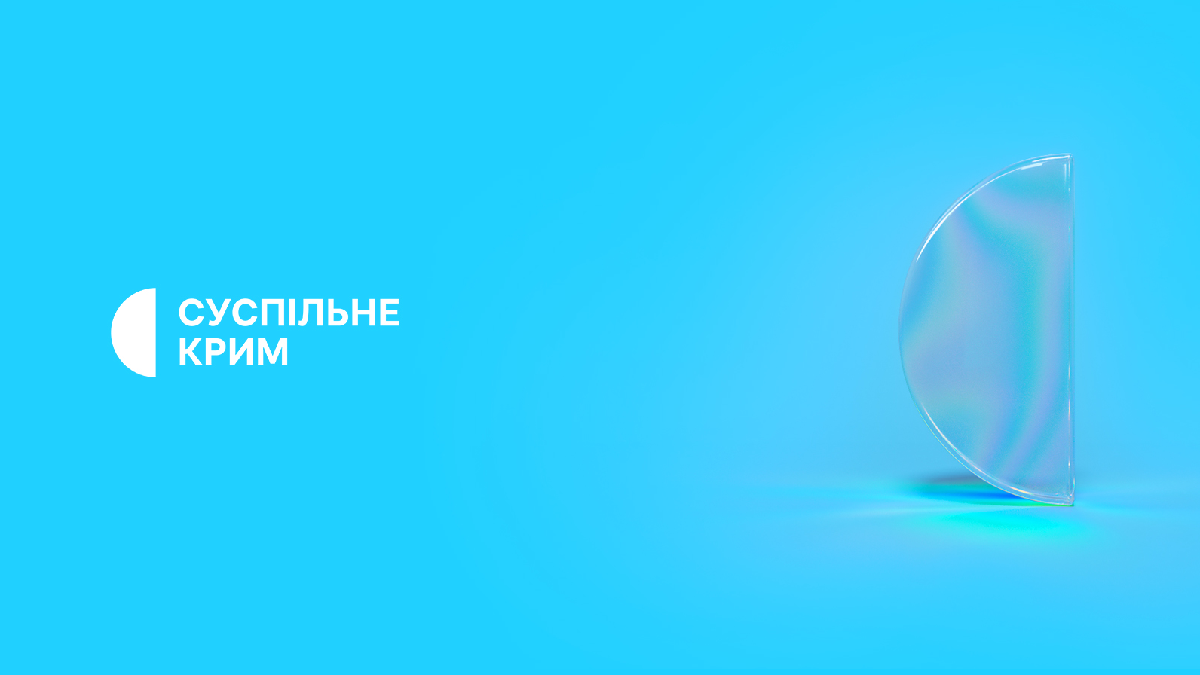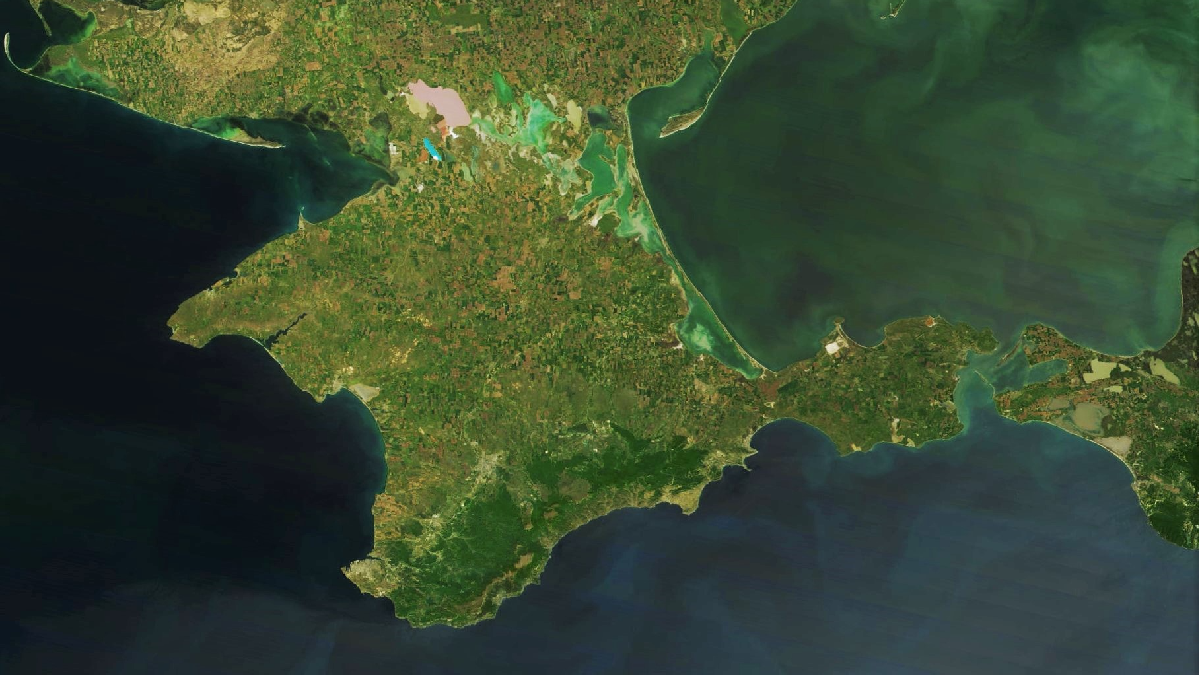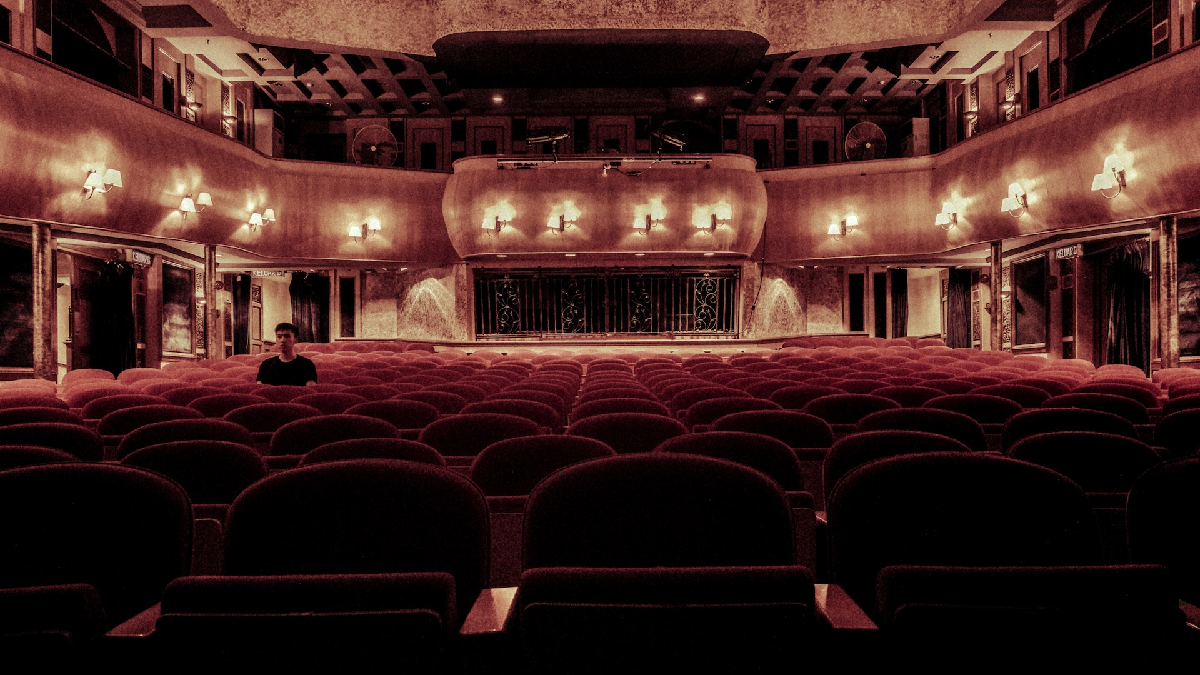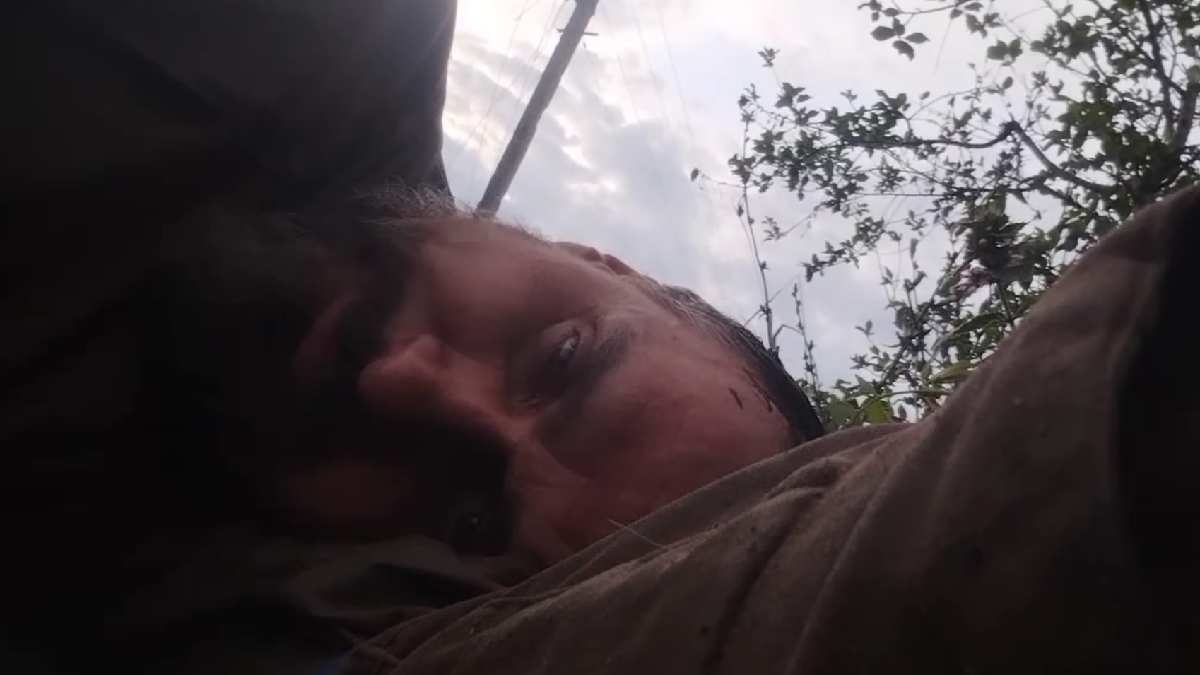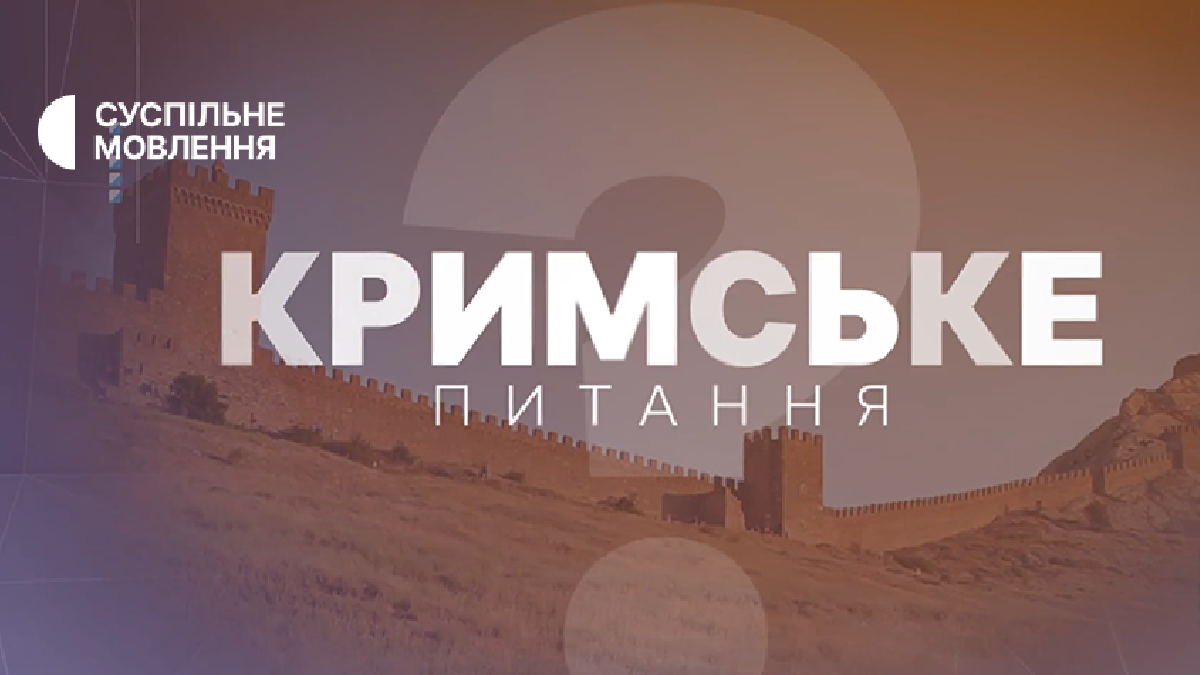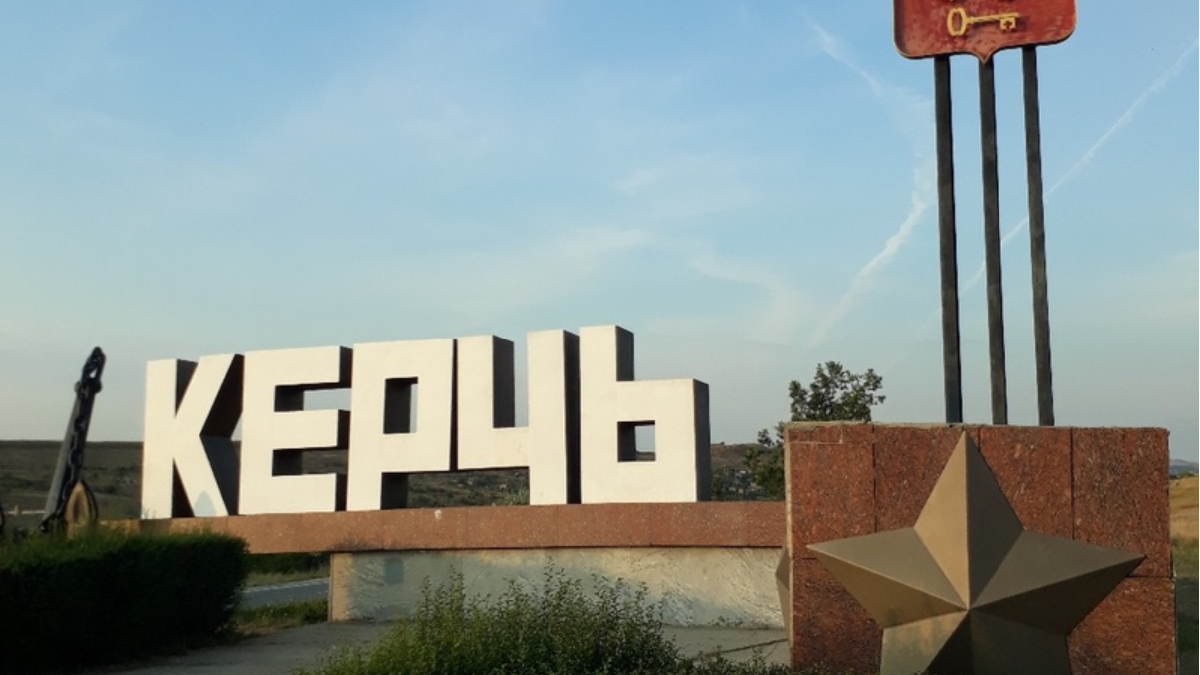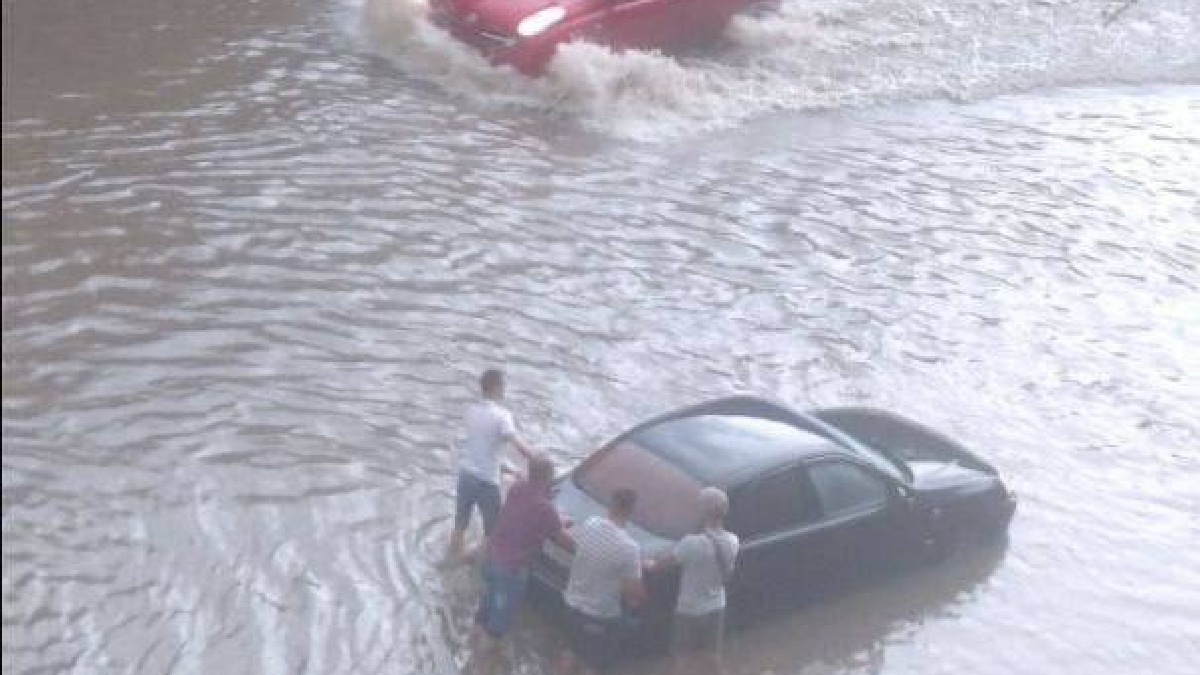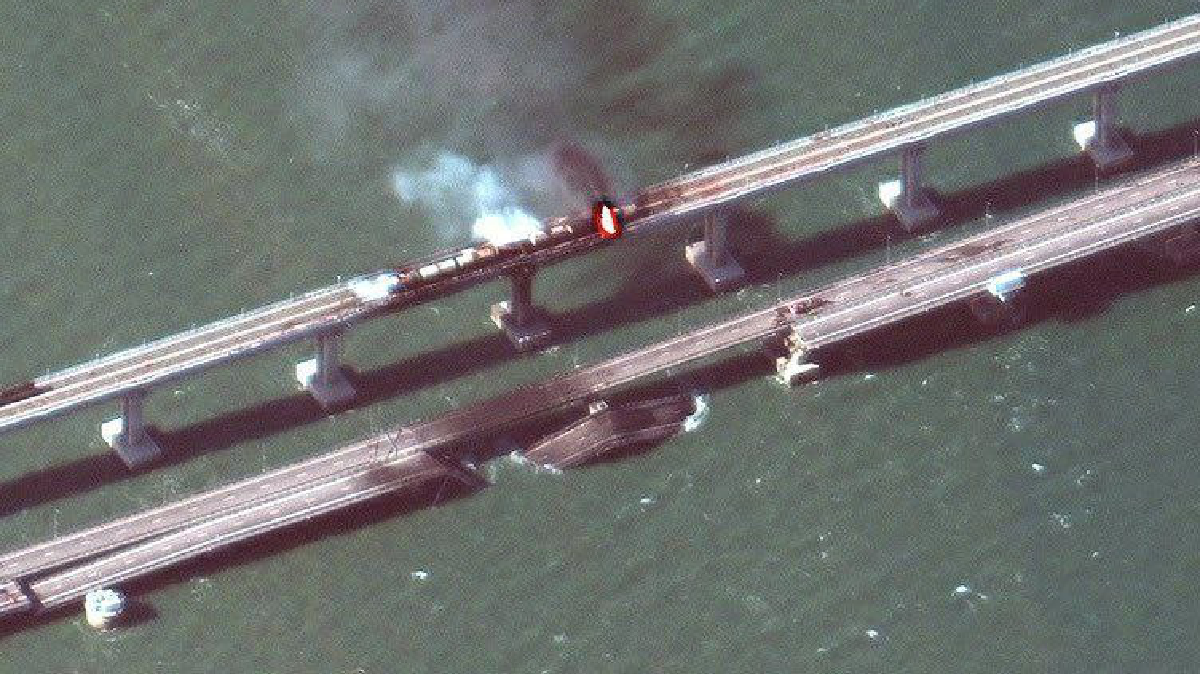“I thank my lucky stars that I practically did not work in Soviet journalism". An interview with the editor-in-chief of the newspaper “QIRIM”, Bekir Mamutov
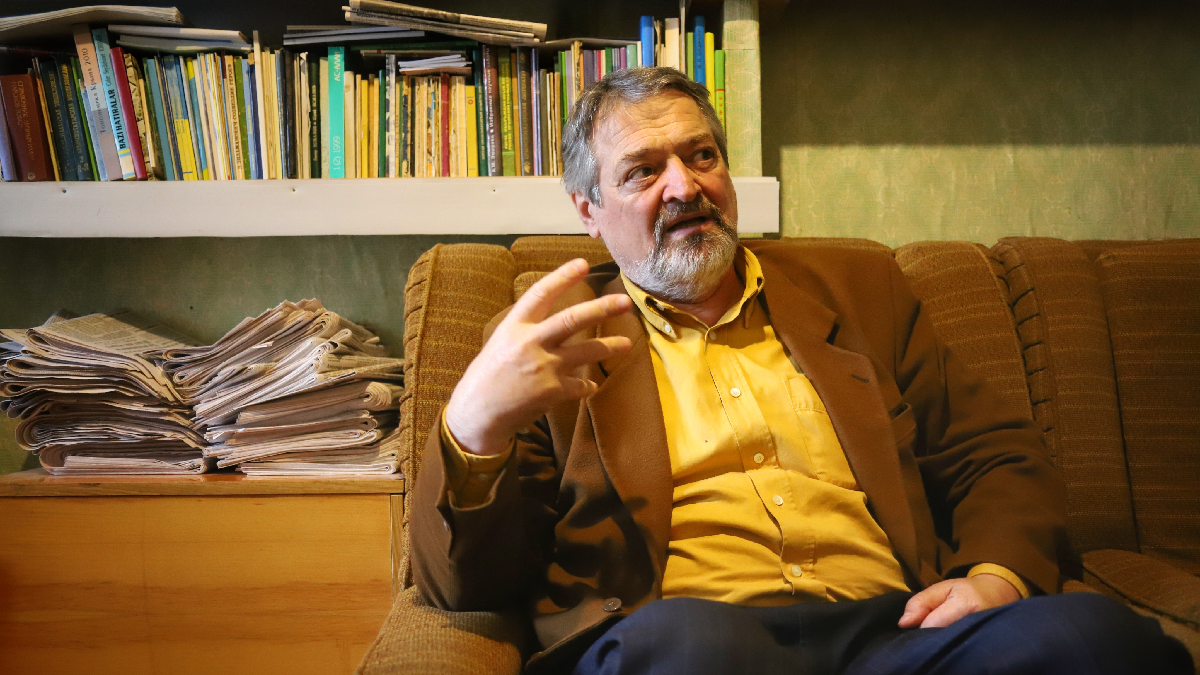
To the world day of freedom of the press, celebrating May 3, Suspilne Crimea talked to the editor-in-chief of one of the few independent editions remaining in Crimea - the newspaper “Qırım” Bekir Mamutov. On April 20, the occupational “Kyivsky District Court” of Simferopol fined him 4 thousand rubles (about 1,500 hryvnia - ed.) for the publication of the report of the UN Secretary-General, in which the Mejlis of the Crimean Tatar people was mentioned.
The newspaper “Qirim” appeared in 1989. It survived the collapse of the Soviet Union, the change of six presidents of Ukraine, the occupation of the Crimean peninsula, and has remained independent. This edition that comes to the Crimean Tatar language 31 years in a row is working in Simferopol.
How did the “QIRIM” newspaper appear?
- The newspaper “QIRIM” was originally called “Dostluk” (“Friendship”). This title was imposed on us by the Crimea regional committee. After 1944 there were no Crimean Tatar media in Crimea at all: not a single page. Our public workers wanted such a newspaper to appear. It began all in 1988. This idea was supported by Gorbachev (at that time, the head of the Presidium of the Supreme Soviet of the USSR Mikhail Gorbachev - ed.), he said that in connection with the return of Crimean Tatars, they needed to have their theatre, cultural and other institutions, ensemble, well, including media. Filling\Supplying the ethnic media in our time is the most important part of public movements and ethnicities.
Then we had a powerful movement, which probably led to the fact that in the late ‘80s, despite all the prohibitions - the efforts of the presence of the Crimean Tatar national press were successful. We did not get what we wanted. I wanted the newspaper to be independent, but they turned it into an application of a local party regional newspaper, which eventually became the embodiment of certain forces. In 1989-1991 the newspaper was issued as an application of the Crimean Pravda newspaper. The first edition was issued on July 7, 1989.
When the newspaper became completely independent?
- In 1992 there was a double name because nobody knew how to re-register. The name was Qirim- Dostluk, but then this “tail” was discarded forever. Our newspaper has been identified entirely with the name of our historical homeland. I started to work in the newspaper, after returning to my homeland in June 1992. After graduating from the Tashkent State University, the Faculty of Journalism, I worked as a teacher, I was doing some journalism as a student. I was deeply into journalism. It was interesting I worked with information material in Russian because the newspaper became bilingual.
We solved our financial issue with the help of financial support from the local budget. It was impossible to survive without it. The subvention was unstable, we had to beg for it all the time. Those times were very complicated, and salaries were also irregular. Despite all this, we were very inspired that we work on our historical homeland. But journalism and journalists simply tried to survive then. With the improvement of the economic situation in Ukraine, the support had increased, and we also developed: we bought computers and material support. Although it was still unstable, every year it was a step forward. I became the chief editor at the beginning of 2000.
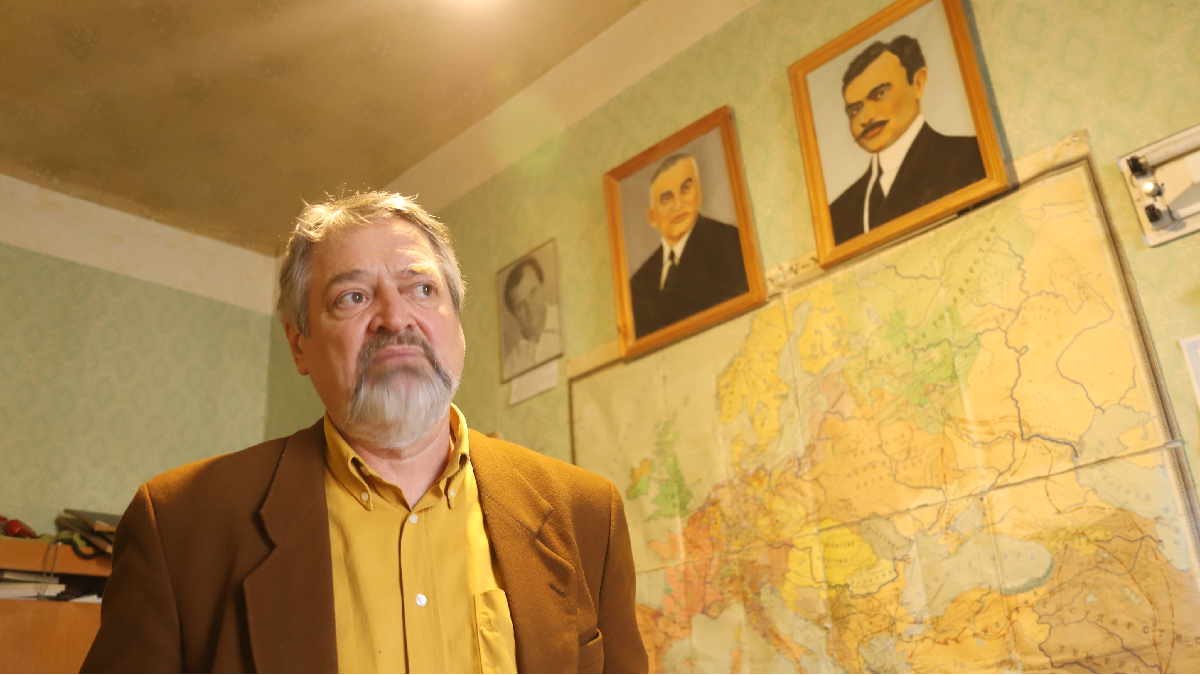
Source: Suspilne Crimea
The newspaper is an independent edition. How did the publication experience 2014 events?
- By the middle of 2014, we remained a newspaper that came out twice a week. We always supported all that concerned democratic transformations in Ukraine. We criticized actions of Kuchma’s policy (the second president of Ukraine Leonid Kuchma - ed.), Yushchenko (the third president of Ukraine Viktor Yushchenko - ed.), the short-term presidency of Yanukovych (the fourth President of Ukraine Viktor Yanukovych - ed.) not to mention local politicians. Later, in 2014, we tried to highlight all the events in terms of international law. We saw the danger in geopolitical dimensions. Everything that happened in Crimea is a challenge to the world community.
The newspaper got Russian registration in 2015.
- In April 2015, we registered the newspaper, but the further financing included several conditions that were unacceptable for us. As a result, we switched to the once-a-week publication - cut the salaries, raised the price of subscription by simplifying the release of the newspaper, and achieved sustainability. All our journalists stayed, despite their poor salaries. On the one hand, preserving our independence is a kind of victory. On the other hand, it affects the design, but not the content, it is taboo. Materials should be nationally oriented, politically sensitive, and tough. So we should not change our course and principle, which in world journalism comes down to the fact that if journalism wants to do its duty as the fourth power, it must oppose any power.
What is the circulation of the newspaper now?
- Now the newspaper has a minimum circulation - since 2014 -3,600 copies. In this regard, I would like to say that our newspaper has not been on the newsstands for over 20 years. The newspaper is distributed exclusively by subscription. The entire circulation is an indicator of how many Crimean Tatar families subscribe to our newspaper. I can say that if all the Crimean Tatar editions are summed up, there will be fewer of them than our newspaper.
There is, of course, a crisis of print since online journalism is very evolving, in general, the Internet and social networks. Although 3 years ago our circulation approached six thousand. The largest circulation was in Soviet times when the newspaper was read not only in Crimea but throughout the Soviet Union, it was 19 thousand copies.
Why does the publication use Cyrillic instead of Latin in writing materials in the Crimean Tatar language?
- Nobody dared to “break” it. Because we see examples of Turkic republics: Azerbaijan, Uzbekistan, Kazakhstan are trying, despite the pressure of a neighbour, to switch to Latin. This event, which takes the lives of almost a whole generation - 20-25 years. It requires significant material resources. We did not have such conditions. And if we switched to Latin, we would alienate the vast majority of our subscribers. It would be a disaster for our older generation, who are the main readers of the newspaper. They would not understand, but to relearn again, to read in another alphabet - people were not psychologically ready for this. We also could not take on the role of such a locomotive which would pull all this composition, loaded with Latin graphics.
How did you, after working in Soviet publications, work for an independent newspaper?
- I am grateful to fate that I practically did not work in Soviet journalism. I worked as a student, collaborated with the republican youth press. I worked for a university newspaper as a student. It was good practice when we combined our training with practical journalism, even though it was ideological. But somehow I avoided this immersion in Soviet ideological propaganda. Somehow, my nationality helped me, and the situation of my people in Uzbekistan provided for the critical perception of reality.
The young people around me, with whom I was friends, were in opposition to this government. There were people around who were critical of this reality. I saw how this “breaking” took place quite naturally in the older generation. I saw this in the example of our classic of literature, Shamil Alyadin, who wrote some commissioned novels in Soviet times, and here he began to write works that were examples of free journalism, such as “Victims of the Kremlin.”
Therefore, this change for people around my generation was quite natural, without any internal dramas, without any split of personalities, cognitive dissonance. On the contrary, we perceived all this as a gift of fate. Finally, everything fell into place. Unfortunately, this did not happen in Ukraine, and even more so in Russia. We expected more, but then there was a setback. Such commie past holds many people firmly, without trying to release them from the hypothetical powerful embraces.
Were there any attempts to influence or pressure certain political forces on the publication?
- Fortunately, our information policy has not been influenced at all times. I would not say that I was sorry that no one cares about us. I thought we exist not for the government. The most important thing is to maintain these feelings of dissatisfaction with the authorities, the feeling that we are going the wrong way, that our life should be better, and so on. The publications did not irritate anyone, as they were mostly in the Crimean Tatar language. They (political structures - ed.) thought, let several thousand people read their newspaper in their language, they have the right.
We did not pose a threat to the foundation of this whole bureaucratic system. I had anonymous calls a couple of times, but I didn’t know who it was, so I could only guess through some critical publications. Once I received an anonymous threatening letter. That’s all.
For what did you, as the editor-in-chief of the newspaper, receive a fine of 4,000 rubles? What are Roskomnadzor’s claims against the editorial office?
- In last October’s issue, we published a 3-page report by UN Secretary-General Antonio Guterres. We did not publish it in opposition to anyone. 80% of what the UN Secretary-General said was related to our people, our problems, the political situation around them. The numerous facts of human rights violations, which concerned religious and ethnic affiliation. This was the third report of the UN Secretary-General that we published. Also, we publish United Nations resolutions. Since 2015, there have been seven.
The accusation consists of three words - “abuse of freedom of information”. The report mentioned the Mejlis of the Crimean Tatar people (the Mejlis of the Crimean Tatar people was included in the list of extremist organizations in Russia in 2016 - ed.). According to the law of the Russian Federation on the organization which has got to the so-called blacklist, it is impossible to mention without the indication that it is forbidden. By the way, Mr Guterres said that the Mejlis is a banned organization (in Russia - ed.). And we did not make a footnote. Roskomnadzor could not leave it unpunished. There were official warnings before that, and now we have received a fine.
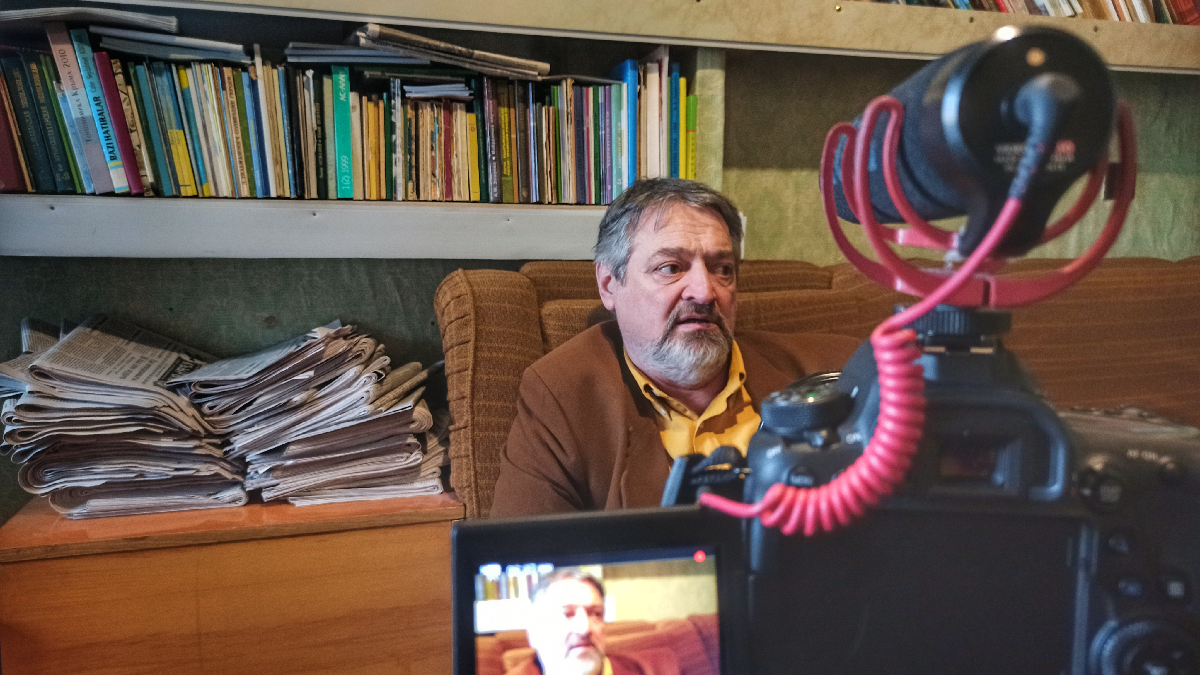
Source: Suspilne Crimea
In the future, do you plan to make such footnotes in the materials after the fine?
- After material losses for our newspaper, of course, we will try to comply with the laws. 4000 is a lot of money for our newspaper. It is much more effective to issue the newspaper as a digest, as a reprint of serious journalistic works of people who are more talented and smarter than us. We publish both Russian and Ukrainian speakers: Nevzorov (Russian journalist Alexander Nevzorov - ed.), Shenderovich (Russian and Israeli journalist Victor Shenderovich - ed.), and many other journalists who speak out on the situation in Crimea. We also take foreign publications, we translate Turkish press, French, English, and Czech. We try not to miss a publication that refers to Crimean Tatars and Crimea.
I plan to make a list of authors’ digests soon. For many journalists, I think it will be a surprise to see that we have published them. We printed Mykola Semena after he was actually deported from Crimea, we also publish articles of Pavel Kazarin, Vitaliy Portnikov, Serhiy Gromenko, etc.
Rapid-fire questions
Why Crimean Tatars can not be called just Tatars?
- Calling the Crimean Tatars simply Tatars, it automatically identified us with the diaspora, people who, for various reasons, in the spring of 1920 wanted to become Tatars. They took an ethnonym and declared Tatarstan their republic. Thus, identifying the name of the country with the name of the people.
Why the word “Crimean Tatar” should not be written with a hyphen?
- Today this question moved to the political plane, and to chauvinists, it seemed so: if there is a hyphen, it indicates that Crimea and Tatars have some artificial connection.
Why do we need Crimean Tatar Autonomy within Ukraine now, when Crimea is occupied by Russia?
- For 240 years we have not been the creators of our own historical national destiny, we. Now the law on the Autonomous Republic of Crimea within Ukraine is of great political importance. This will show that Ukraine, as a state, proclaims and strives to adhere to democratic values. That it recognizes the right of the Crimean Tatar people to the same status. That we have the right to our own state and to determine our destiny.
Crimean Tatars are not second-class people. We can and will strive to build statehood and exercise our collective rights.
